REAL LAB CAMPUS FREECITY
Real lab for the research of a networked fleet of modular robot vehicles.
Real lab for the research of a networked fleet of modular robot vehicles.
FRANKFURT – DEUTSCHE BANK PARK
When: November 2021 to March 2024
Where: Deutsche Bank Park
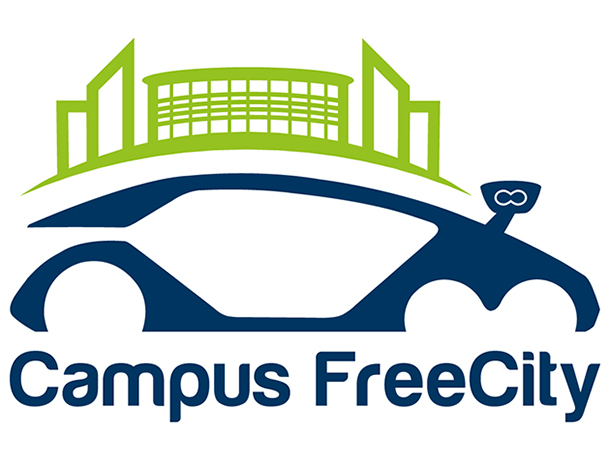
Compared to the EDAG CityBot test lab in Fulda, the research Campus FreeCity project in the spacious, semi-public grounds of the Deutsche Bank Park makes increased demands on the highly automated EDAG CityBots.
”History is being made in the Campus FreeCity project. In this real lab, we and the other project partners can test and further develop the EDAG CityBots in an overall system that works around the clock. For a completely new chapter in urban mobility.
Johannes Barckmann, EDAG CityBot Concept & Product Owner
In the 2.5 years it has been running, the Campus FreeCity research project sponsored by the Federal Ministry of Transport and Digital Infrastructure (BMDV) has, on a laboratory scale, been developing and testing the vision of a multifunctional, highly automated fleet of robots for extensive mobility, transport and service tasks in the smart city.
Sponsored by:
The Federal Ministry of Transport and Digital Infrastructure (BMDV)
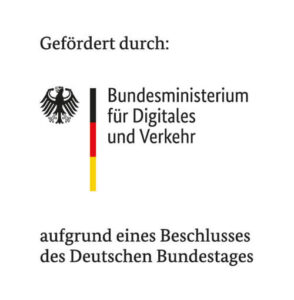
Project management:
Federal Agency for Administrative Services (BAV)
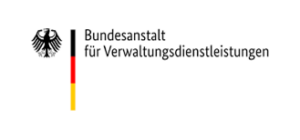
Coordination:
House of Logistics and Mobility (HOLM) GmbH
Project duration:
30 months, November 2021 to May 2024
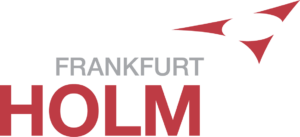
Consortium leadership, ELSI supervision: Project management, networking, public relations, public participation, supervision of ethical, legal and social implications (ELSI).

Complete ecosystem: Development of the EDAG CityBots and their modules, development of the control system, setting up the operations center and maintenance area.

Infrastructure and use cases: Provision of the infrastructure of the real lab area, development of the use cases and user journeys.

Teleoperation and technical supervision: Research into technical concepts, process and operational procedures for teleoperation and technical supervision of automated vehicles.

Virtual sensors: Measurements needed to train the virtual sensors and predict component breakdowns.

Safety and approval: Ensuring adherence to safety standards, developing and carrying out test procedures for safe operation.

Supply chain integration (Prof. Huth): Supply chain modeling, development of planning algorithms.
IT security (Prof. Zohner): Security analysis, development of new security mechanisms.
Energy-efficient AI (Prof. Kumm, Prof. Gepperth) Energy-efficient AI in embedded systems
Human-machine interaction (Prof. Milde): Multi-modular, language and gesture-based interaction concept for the CityBot.
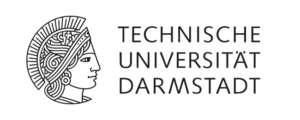
Optimized powertrain (IMS): Identification of further CityBot efficiency potentials in the fields of powertrain, longitudinal dynamic control and sector coupling.
Robust operation (BST): Development of a capacity traffic management system (CMTS) incl. incident programs.
Human-machine interaction (IAD): HMIs for the interaction between the CityBot and humans, for example pedestrians, workers and operators in the control center.
Ecological assessment (SuR):Ecological assessment, identification of environmental advantages of the ecosystem.
Acceptance and trust (WINF): Analysis of acceptance criteria and trust aspects from the user’s point of view.
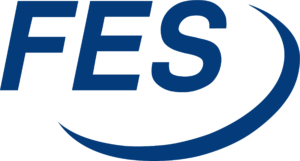
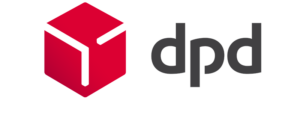
Incorporation of practical requirements in the creation of use cases and laboratory operations.